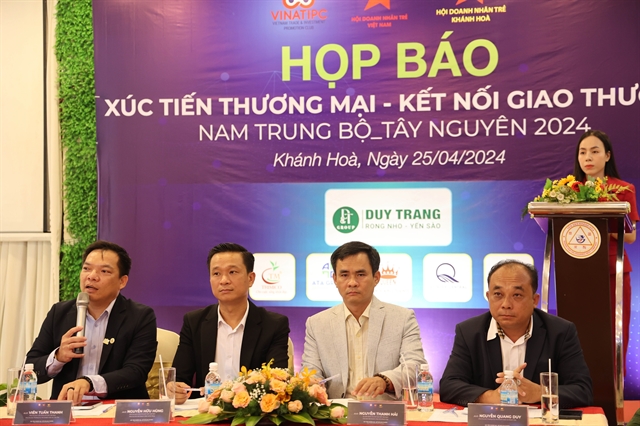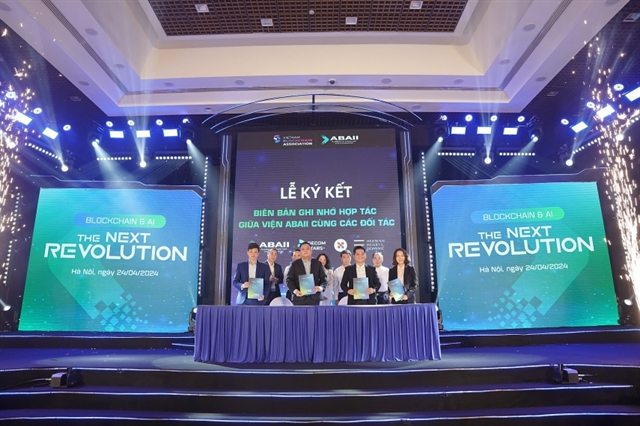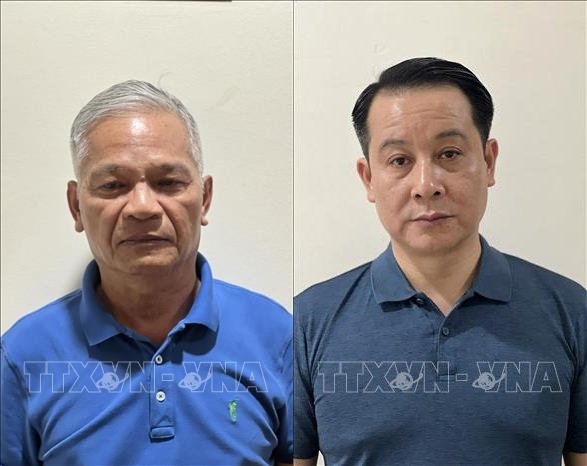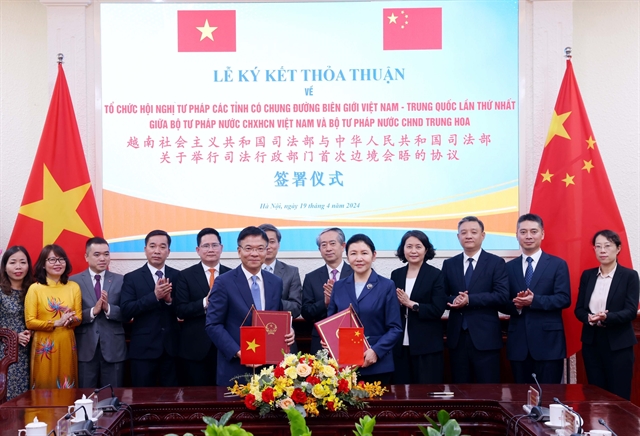 Media-OutReach Newswire
Media-OutReach Newswire

BEIJING, CHINA / JAKARTA, INDONESIA - Media OutReach - 31 January 2019 - UnPAY and TencentResearch Institute have jointly published a whitepaper on Indonesia's paymentmarket. This whitepaper focuses on hotspots and key issues of the paymentsystem in Indonesia and is the second of its "Venturing Out" series. It aims tohelp Chinese payment companies expanding overseas gain a deeper understandingof the world's fourth most populous country. The first whitepaper which waspublished in October last year, honed in on Singapore's payment infrastructure.
Even as adeveloping country, Indonesia is already the largest economy in ASEAN with aGross Domestic Product (GDP) of USD1.016 trillion in 2017. Its GDP growth rateis expected to reach 5.3% in 2020. Cash is still highly utilised whiletraditional bank account penetration rate is at a low rate of 34%. With a hugeuntapped market, it is no surprise that Indonesia remains as a highlyattractive market in the digital payment and finance sector.
To operate inIndonesia, payment companies must have a comprehensive license access system, aregulation required by the Central Bank, Bank Indonesia, and Otoritas JasaKeuangan (OJK), the two financial and payment transaction services authorities.Payment services are categorised into front-end and back-end. The front-endbody includes institutions that have direct contact with customers such asacquirers, payment gateway operators and electronic wallets. Conversely,back-end entities do not have direct contact with customers and these includecard organisations, clearing houses and final settlement agencies. Applicantscan only choose to operate in one category but they can apply formultiple licenses in one category.
There are threemain pillars of Indonesia's payment infrastructure: card payment, peer to peer(PTP) and electronic money. Card payment facilities are limited to credit card,ATM card and debit card. PTP regulations oversee the purview of transfer/payment gateway services and e-wallet service providers. It is worth notingthat payment service providers (PSPs) are prohibited from using virtualcurrencies for PTP payments.
Under the electronic money quota management, unregistered users can store a maximum of 2million rupiah while a registered user can have a wallet limit of 10 millionrupiah. Electronic trading limit is 20 million rupiah per month. As of 21December 2018, a total of 34 institutions in Indonesia had obtained e-moneybusiness licenses. Bigger players in the market include GoPay, T Cash, PayProand OVO.
To ensure a morecohesive and consistent payment structure, the Central Bank, Bank Indonesia hasestablished a National Payment Gateway (GPN) to integrate the fragmentedpayment solutions. The GPN is a unified and interconnected clearing networkthat will unite all payment channels in Indonesia, including ATMs, POS, paymentgateways and e-payment methods like credit and debit cards. In the pipeline,the Central Bank, Bank Indonesia will be developing a universal QR code paymentstandard for an interoperability and secure payments infrastructure.
For more informationon the whitepaper, please visit https://share.weiyun.com/5jsVMl9.









